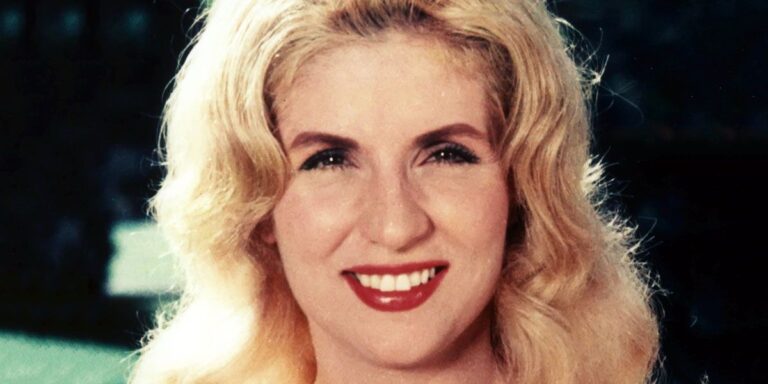
issue #2 :: February 2022
Amidst major collapses, or let us say, in the light of the collapse in its most concrete form, and the rush of the universe towards greed, selfishness, and savage tendencies, and in the midst of a time of pitch blackness, we find we have no choice but to hold on to whatever hope we have left.
At first glance, hope may seem barren, or even placed in a metaphysical dimension, but in fact, it holds two sides:
One is frustration and carries no action, and it is by nature fatalistic and submissive, and the other is of ability, stemming from knowledge and building on action.
If we wished to describe the second side in its most pompous and obvious of ways, we would invoke the image of that young Jerusalemite, handcuffed, smiling at the camera while taken to torture prisons. This is the hope that emanates from stubbornness. It is capable, active, and solid.
We may have gone a little too far here, but we must go on to describe this mysterious “feeling” that “shepherds” us as a kind act that does not hold constraint. It is hope, despite the rigidity, and it remains affectionate to its people and may lift them to the refinements of passion. This hope we choose, we choose it to govern us.
In his address on World Theater Day in 1996, the late Saadallah Wannous wrote: “We are sentenced to hope, and what happens today cannot be the end of history.” As we borrow this message and project it onto the entirety of cultural activity, cinema, in particular, we reiterate our adherence to hope and renew our path in it because, in our daily actions, we, along with many other Arab cultural institutions reject the saying “the end of history” and consider it to be of fascist, abolitionist dimension at its essence.
We are aware of the magnitude of the disaster and we do not make ourselves superstitious illusions, but we know that the enormous cultural stock that our societies possess is inherently capable of creating change when an environment that stimulates action is provided for it. This is how we work to provide such an environment, one that needs, as Wannous says in his speech, ” multi-lateral, multi-faceted and comprehensive dialogue among individuals as well as among societies. The prerequisites for such dialogue are of course democracy, respect for pluralism and control of the aggressive urge in individuals and nation alike”.
We build our work on science and knowledge, lean on hope, and invite creators of literature, thought, and art to activate means of cooperation because we believe in our ability as societies to overcome disaster and return to contributing to the process of human advancement. Today we are in front of a huge opportunity for progress. The collapse of systems, not only for us but across the globe, opens the way free for innovation.
Art in general and cinema in particular, have a definite ability to contribute effectively to change. This is our faith, this is our hope, and this is our certainty. We declare our absolute commitment to supporting cinema and its makers, because, as we said, we reject the end of history.
Our history has not ended.
History has not ended!